
- Article
- Article
The birth of Britain's National Health Service
Starkly unequal access to healthcare gave rise to Nye Bevan’s creation of a truly national health service.

- Article
- Article
The secret lives of Britain’s first Black physicians
Dr Annabel Sowemimo explores the web of connections between early Black British doctors, the role of empire in West Africa and the pernicious reach of scientific racism.

- Article
- Article
Eugenics and the welfare state
Indy Bhullar explores the ideas of William Beveridge and Richard Titmuss, who were strongly influenced by eugenic thinking, and yet championed the idea of the welfare state.

- Article
- Article
Intelligence testing, race and eugenics
Specious ideas and assumptions about intelligence that were born during the great flourishing of eugenics well over 100 years ago still inform the British education system today, as Nazlin Bhimani reveals.

- Article
- Article
Dyslexia and its misconceptions
Overcoming common myths about dyslexia only adds to the challenges of growing up with the condition. Madeleine Morley, who was diagnosed with dyslexia aged eight, goes into myth-busting mode and shares her personal experiences.

- Article
- Article
The origins and meanings of pharmacy symbols
What have snakes, unicorns and crocodiles got to do with pharmacies? The history of these modern signs goes back to the Greek gods.
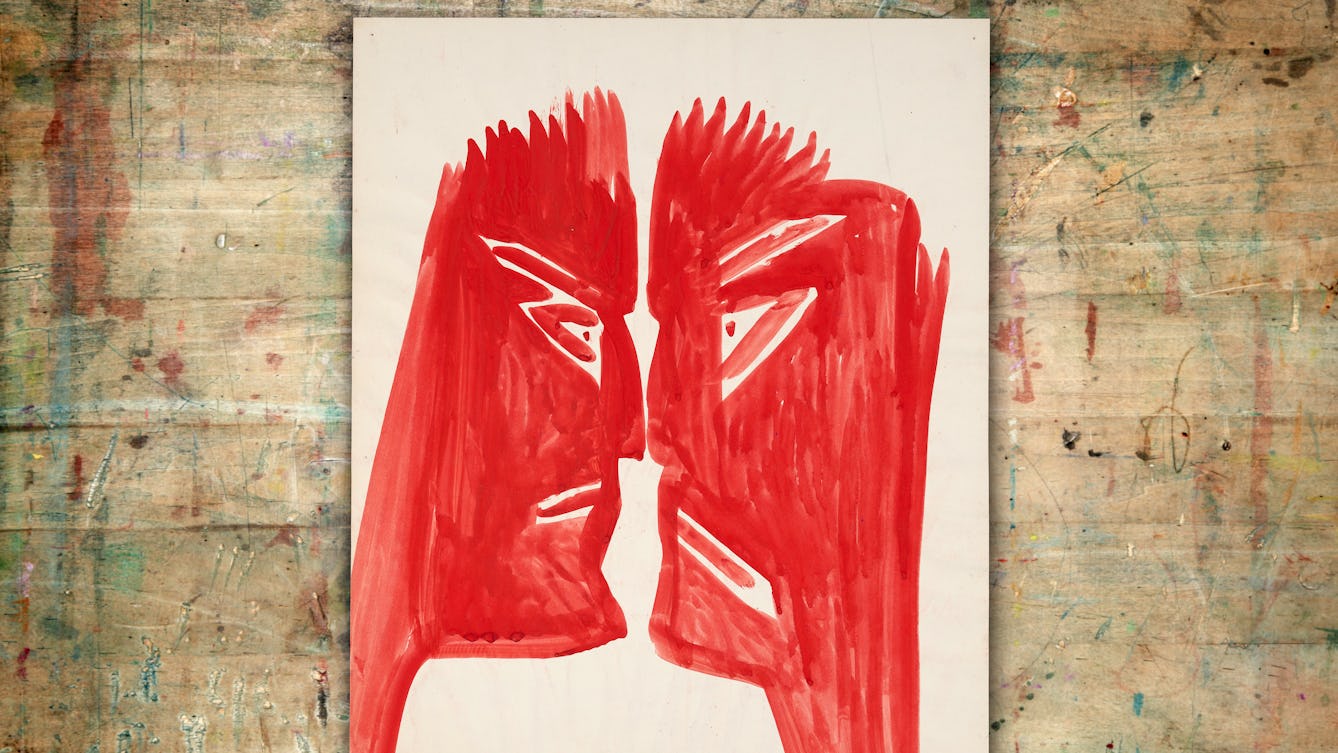
- Article
- Article
Mary Bishop and the surveillant gaze
Writer and artist Rose Ruane explores the paintings of Mary Bishop, created during a 30-year stay in a psychiatric hospital, which speak of constant medical surveillance and censorious self-examination.

- Long read
- Long read
Rehab centres and the ‘cure’ for addiction
Guy Stagg takes us on a brief history of rehab centres and their approaches to addiction and recovery.

- Article
- Article
Why the 1918 Spanish flu defied both memory and imagination
The Black Death, AIDS and Ebola outbreaks are part of our collective cultural memory, but the Spanish flu outbreak has not been.
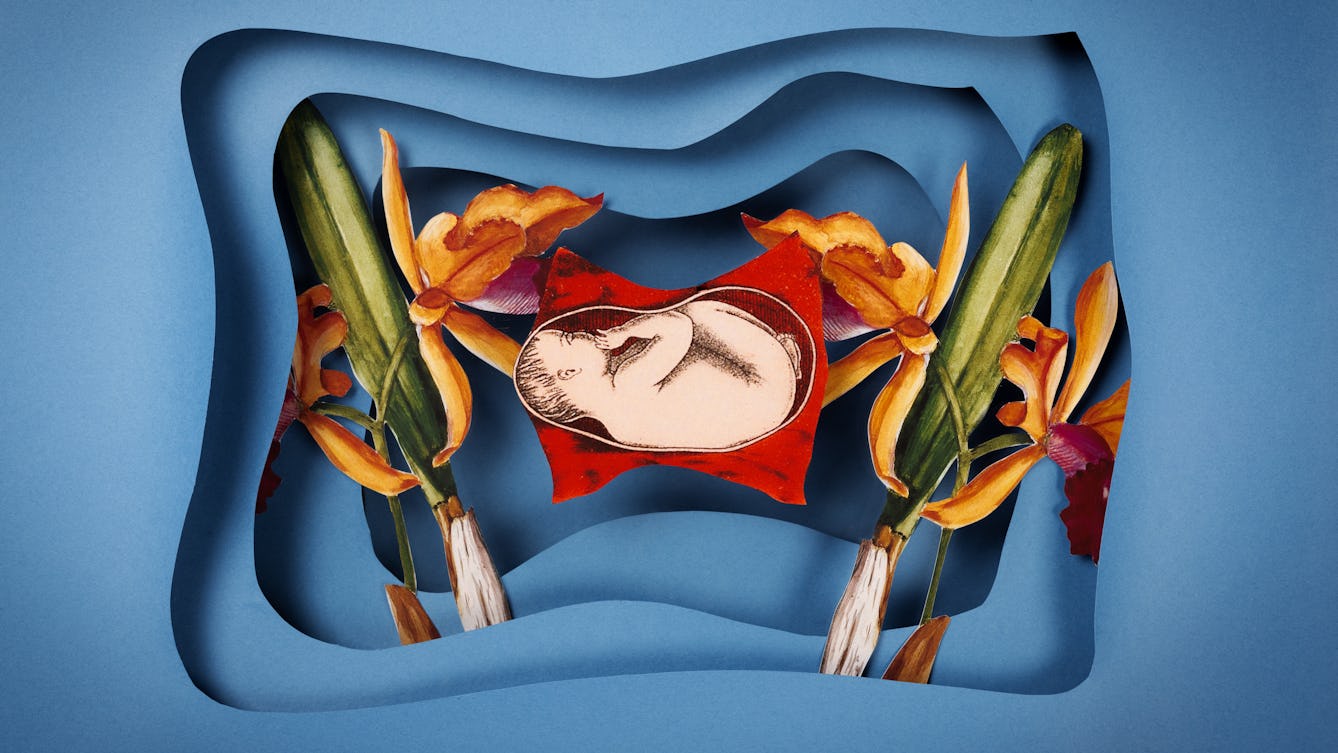
- Book extract
- Book extract
Of incubators, orchids and artificial wombs
In this extract from Claire Horn’s new book, ‘Eve: The Disobedient Future of Birth’, she traces the development of the artificial womb, soon to become a reality.

- Article
- Article
Love, longing and tea from the polski sklep
For people of Polish origin in the UK, herbal tea is closely tied to health and shared history. Kasia Tomasiewicz explores her changing relationship to these tea-related cultural habits.

- Article
- Article
The child whose town rejected vaccines
Gloucester, 1896. Ethel Cromwell is taken ill at the height of Britain’s last great smallpox epidemic.

- Article
- Article
The birth of the public museum
The first public museums evolved from wealthy collectors’ cabinets of curiosities and were quickly recognised as useful vehicles for culture.

- Article
- Article
The psychological impact of nuclear war
How would you hold up psychologically if a nuclear bomb was dropped? Discover the British government’s secret predictions from the 1980s.
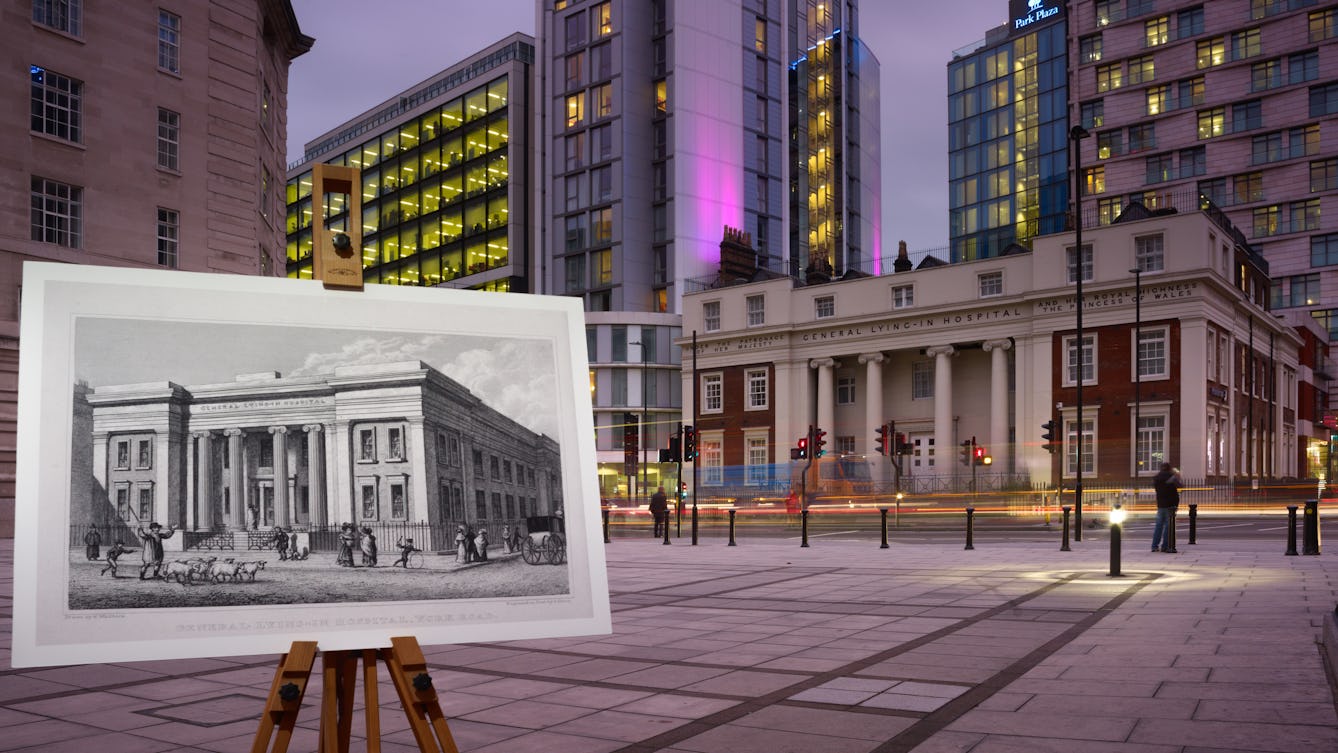
- Article
- Article
London, city of lost hospitals
Come on the trail of hundreds of ghost hospitals, whose remnants hold clues to medical treatments of the past.

- Article
- Article
Born in the NHS
Despite underfunding, strikes and scandals, the first two decades of the 2000s has seen the British people’s love of and loyalty to the NHS soar.

- Article
- Article
The meanings of hurt
In the early modern period, gruesome incidents of self-castration and other types of self-injury garnished the literature of the time. Alanna Skuse explores the messages these wounds conveyed.
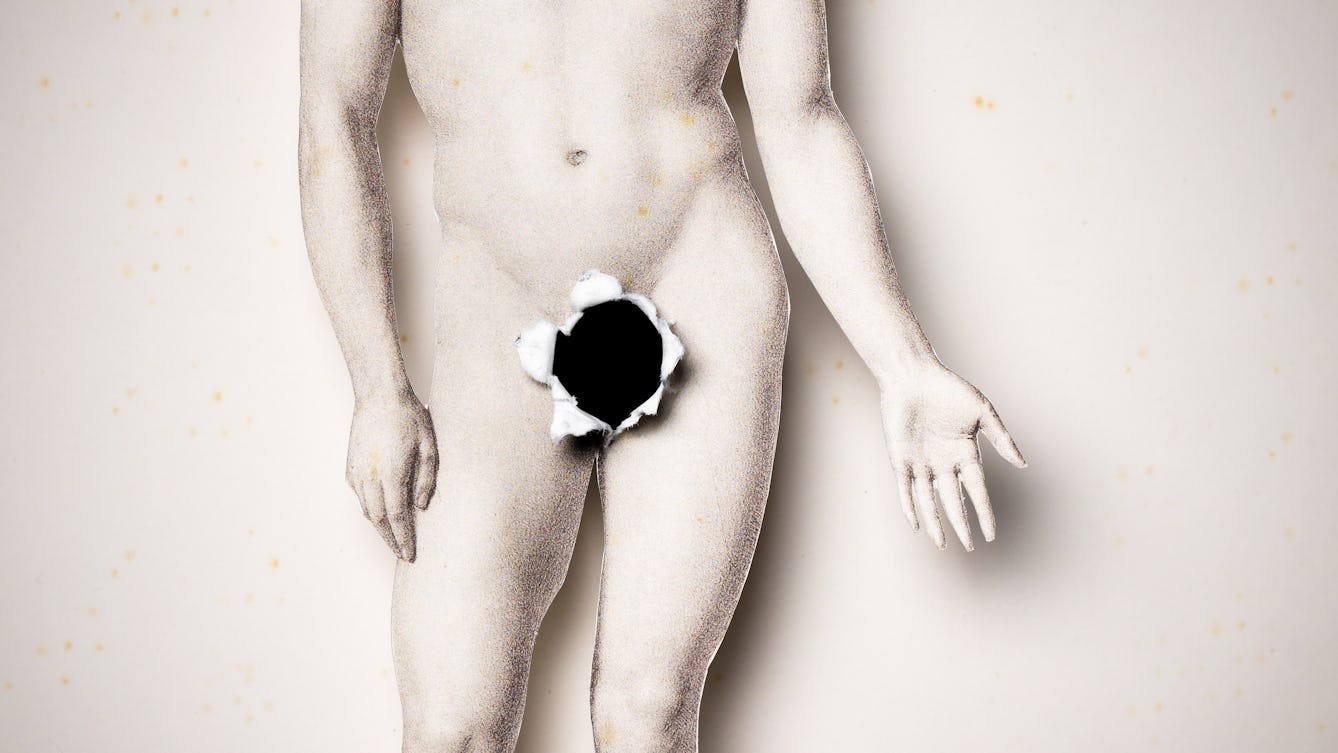
- Book extract
- Book extract
The castration effect
Discover how testosterone – or the lack of it – affects the male body, from eunuch slaves to castrato singers, and on to hormone reduction in modern prostate cancer treatment.

- Book extract
- Book extract
Inside the Cold War mind
Martin Sixsmith explores the competing national psyches of Russia and America, and a world divided between their irreconcilable visions of human nature.
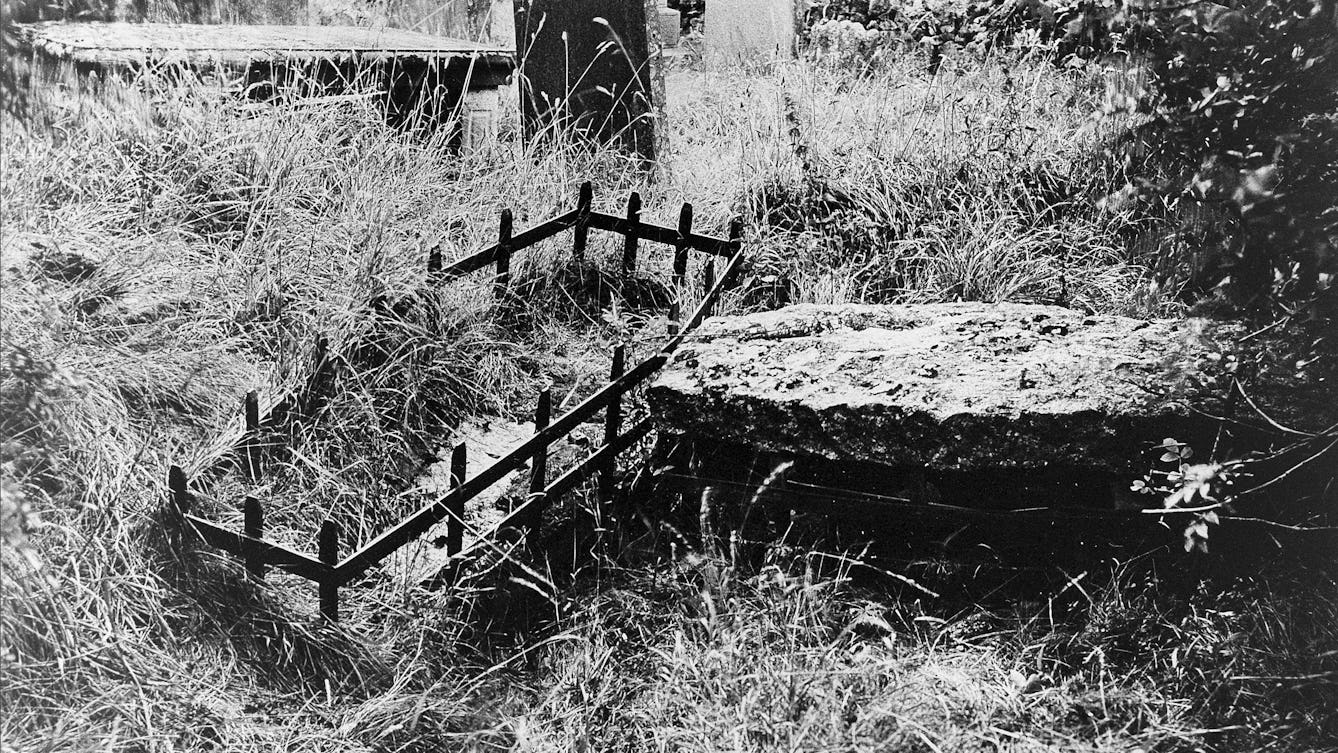
- Article
- Article
Beating the bodysnatchers
When a rise in grave robbing called for strong measures, mortsafes became the unassailable solution. Allison C. Meier explores.

- Article
- Article
Louis Wain’s cryptic cats
Once famous for his quirky cat illustrations, today Louis Wain is often portrayed as a ‘psychotic’ artist whose illness can be mapped out through his drawings. Here Bryony Benge-Abbott takes a more rounded view.

- Book extract
- Book extract
The history of brainwashing
Is it possible to control what other people think? In this abridged extract from his book ‘Brainwashed’, psychoanalyst and historian Daniel Pick offers us a new history of thought control.
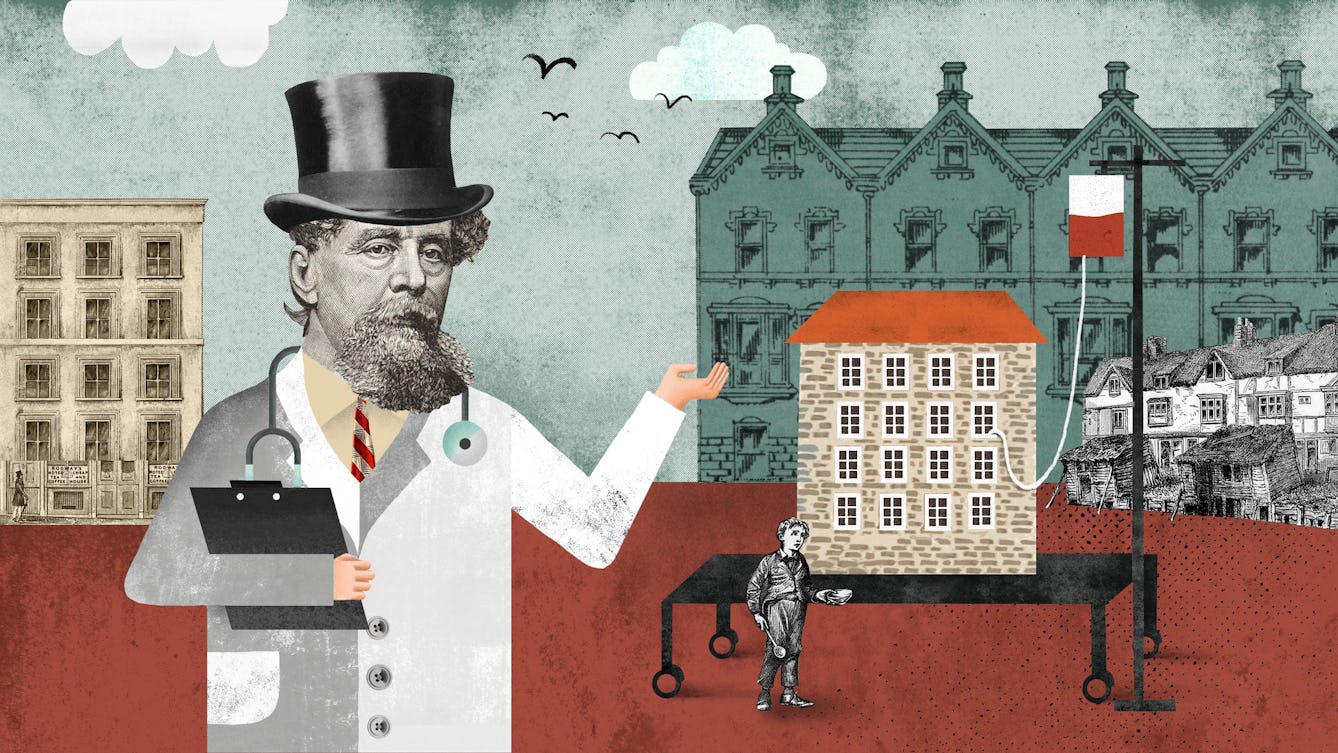
- Article
- Article
How slums make people sick
A newly gentrified corner of Bermondsey leaves little clue to its less salubrious history. But a few intrepid writers recorded the details of existence in one of London’s most squalid slums.
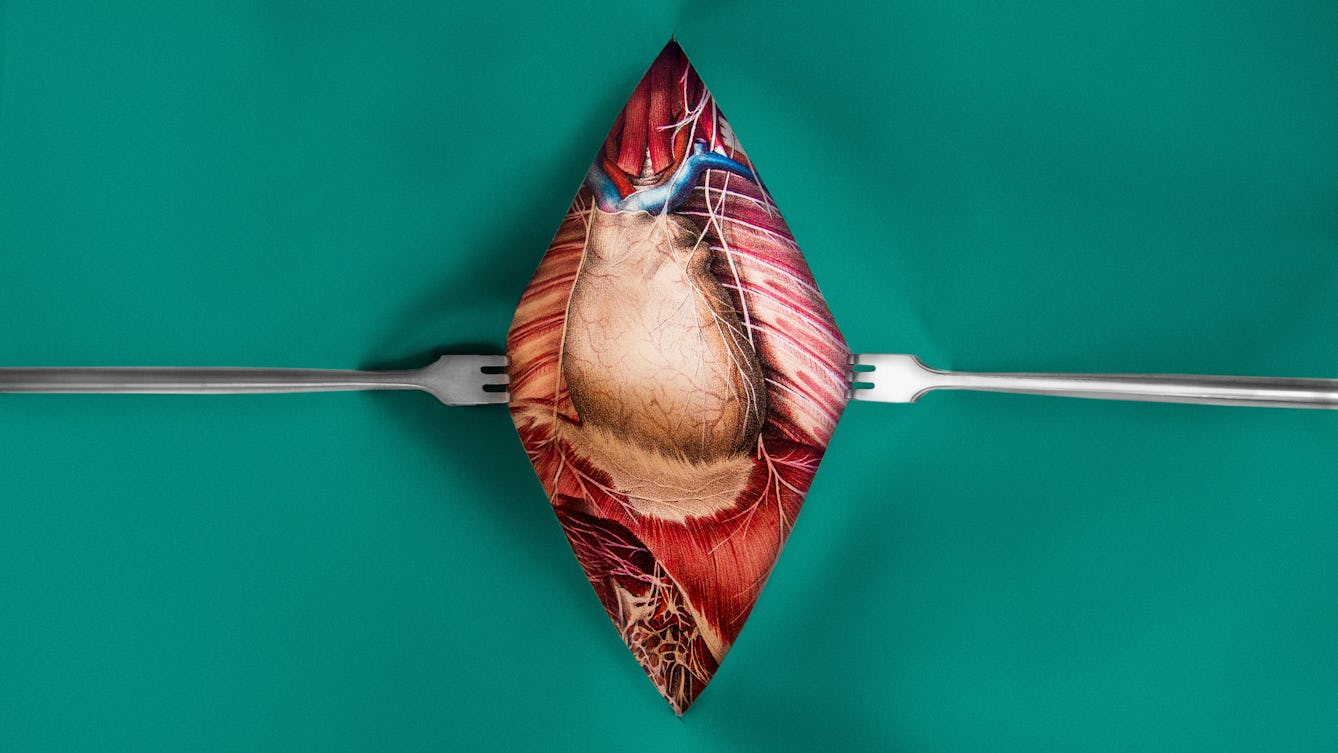
- Article
- Article
The problem of the punctured heart
During World War II a young American surgeon working in England perfected shrapnel-removal techniques that saved dozens of lives. Discover how one case sealed his reputation as the founder of cardiac surgery.

- Article
- Article
Befriending heavy breathers
Read the fascinating story behind the rare manual that helped volunteers on one of Britain’s first free telephone helplines to deal with masturbating callers.